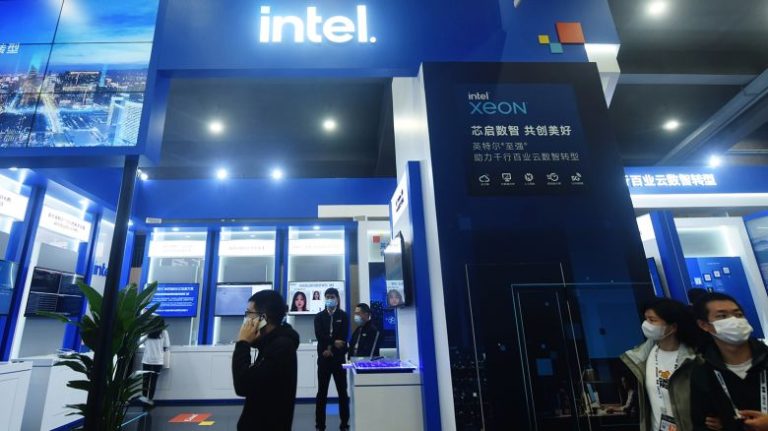Intel has pulled out of a major acquisition of an Israeli chipmaker after failing to obtain the required regulatory approval.
The US tech giant said in a Wednesday statement it would scrap its planned $5.4 billion purchase of Tower Semiconductor (TSEM), saying it had not received the necessary sign-off from regulators in time. The deal was first announced in February 2022.
While Intel (INTC) did not specifically mention which jurisdiction it was waiting on, it had previously outlined efforts to clear the deal with authorities in China. In April, CEO Pat Gelsinger admitted that the process had been arduous, saying he had traveled to China to try to move things forward.
“As part of my recent trip to China, we continue to work hard to complete the Tower acquisition,” Gelsinger told analysts on an earnings call.
The deal had been expected to close within 12 months.
Now, 18 months after it was first announced, the deal has yet to be signed off by China’s competition regulator, the Financial Times reported Wednesday, citing two unidentified sources. Neither Intel nor the Chinese regulator, the State Administration of Market Regulation, immediately responded to requests for comment from CNN.
Companies that wish to merge must submit proposed transactions for approval from Chinese regulators if they make a certain amount of revenue from the country, according to law firms that advise global businesses.
Tension between China and the United States, including some of its allies in Europe and Asia, has soared over semiconductors after US President Joe Biden introduced curbs to restrict Beijing’s access to the critical technology last October. Both Intel and Tower said in their respective statements that the deal had been canceled based on mutual agreement.
To walk away, Intel will now pay Tower a termination fee of $353 million, the California-based company said in the statement. Intel shares fell 3.6% in New York on Wednesday following the announcement, while Tower’s Nasdaq-listed stock also plunged 10.7%.
While the two firms won’t be able to merge, they will continue to “look for opportunities to work together in the future,” according to Gelsinger. In the statement, he said Intel continued to see its investments in foundries, factories that make chips for other companies, as “critical” to its overall manufacturing strategy.
“Our respect for Tower has only grown through this process,” Gelsinger added.
Tower Semiconductor CEO Russell Ellwanger said while his firm had been excited to join Intel, its decision to terminate the deal also came after “thorough discussions and having received no indications regarding certain required regulatory approval.”
“We appreciate the efforts by all parties,” he said.
— CutC by bbc.com


